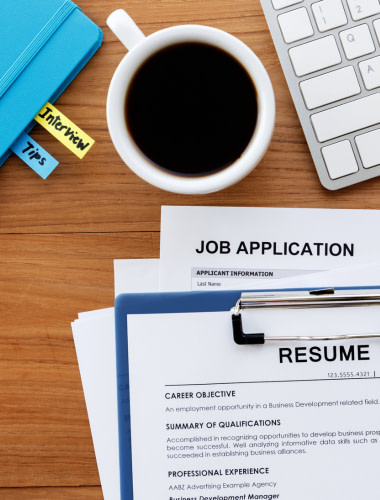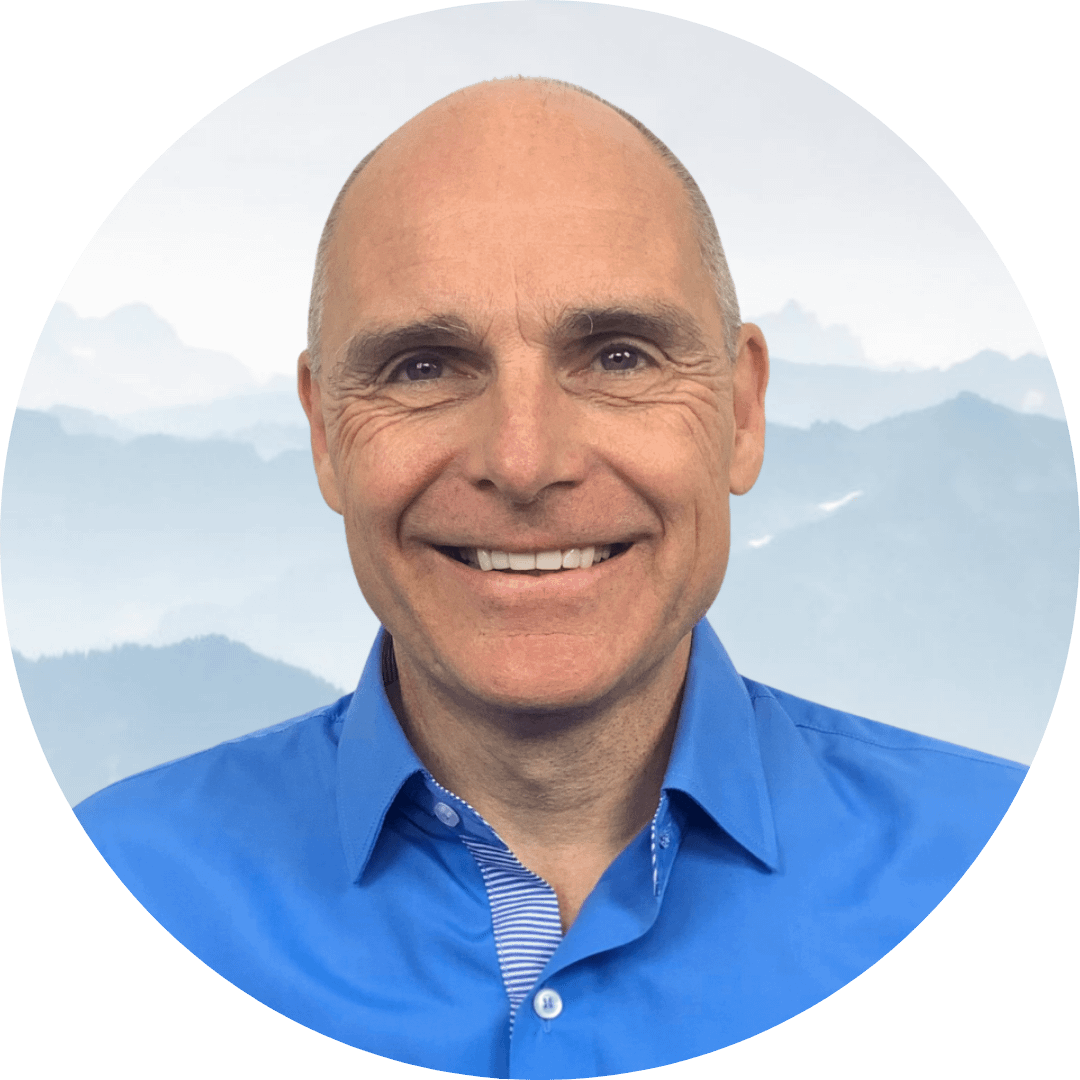This article is recommended for individuals near the beginning of their careers
Introduction
Having spent years in the field of recruitment, I understand the importance of creating a good resume in today's tough job market. It's a challenge that many candidates face - the age-old question of just how long their resume should be.
It's important to acknowledge that there's no one solution to this issue. Yet, nailing the perfect resume length can make a difference in your quest to secure your dream job.
Throughout my experience, I've come to appreciate the various elements that come into play when working out the best resume length. In the following blog, I'll go into these factors, drawing from my insights to guide you in finding that perfect balance.


Quality over quantity
When it comes to resume length, quality should always take precedence over quantity. Hiring managers usually spend a limited amount of time looking at each application, so it's important to present a concise and well-organised document.
Instead of focusing on reaching a specific page count, prioritise including relevant information that highlights your skills, accomplishments, and qualifications. Aim to make every word count by getting rid of unnecessary details and using clear, impactful language.
Additionally, it is crucial that your resume is free from spelling mistakes and grammatical errors. Click the button below to read our proofreading guide.
Consideration of experience level
The length of your resume should also be set by your level of professional experience.
If you're an entry-level candidate or a recent graduate, a one-page resume is generally enough to showcase your skills and education. Draw attention to internships, relevant coursework, and extracurricular activities to show your potential.
On the other hand, seasoned professionals with extensive work history may require more space to detail their accomplishments. Two pages can be acceptable in such cases, provided the information remains focused and relevant.


Relevance is key
Tailoring your resume to the specific job you're applying for is crucial.
Carefully read the job description and identify the key skills and qualifications sought by the employer. Then, ensure that your resume highlights the most relevant information pertaining to the position.
By doing so, you can better align yourself with the employer's needs and increase your chances of getting noticed. Avoid including extra details or unrelated experiences that may clutter your resume and dilute its impact.
Industry norms & cultural expectations
Different industries and regions may have varying expectations when it comes to resume length.
For example, certain fields like academia or scientific research may warrant longer CVs, particularly when publications, research projects, or academic presentations need to be included.
However, in most industries, a concise and focused resume is preferred. Additionally, cultural norms may influence the expected length of a resume. Research the standards within your target industry and region to ensure your application aligns with the expectations.


Supplementary materials
While your resume should be concise, you can also leverage supplementary materials to provide additional context or show your work.
Consider including a link to your professional portfolio, personal website, or LinkedIn profile. These platforms allow you to expand on your experience and provide more details without cluttering your resume.
However, use caution and ensure that the extra materials are relevant and help your overall application.
Conclusion
Determining the ideal length for your resume is a process that requires careful consideration of various factors.
Remember, quality and relevance are key.
Focus on presenting your most impactful achievements and qualifications, tailoring your application to the specific job, and adhering to industry norms.
By finding the right balance, you can create a great resume that captures the attention of hiring managers and increases your chances of securing your dream job.
If you'd like more information on this topic, I encourage you to read Indeed's article on how long should your resume be.


Are you looking for a job?
Now that you better understand how long your resume should be, you should take a moment to check our current vacancies page.
At 11 Recruitment, we have a range of white-collar temp and perm jobs available. We're always on the lookout for top talent to place with our clients, so we encourage you to apply for any positions that are of interest.
If none of our current vacancies are right for you, you should register for job alerts. Then we’ll be able to notify you when we receive a position that matches your profile.

What are your thoughts?
I'd love to have a conversation with you about this topic - please leave a comment below if you have any thoughts or opinions 🙂
Christian Madsen
Managing Director of 11 Recruitment




















